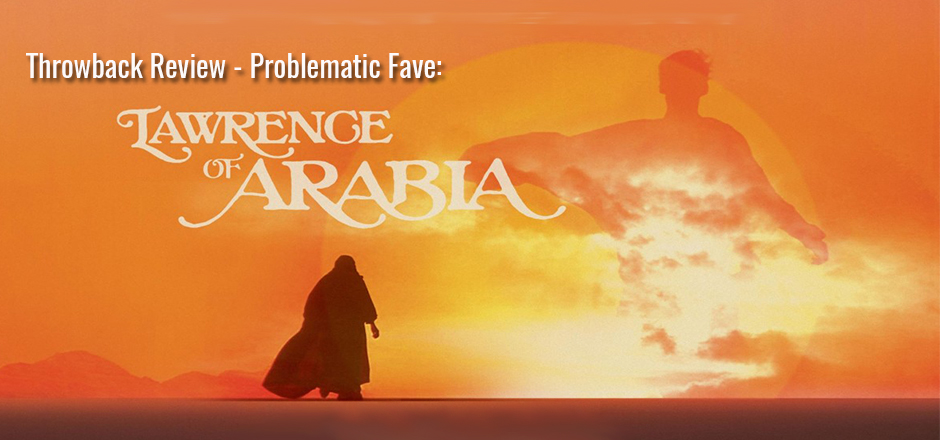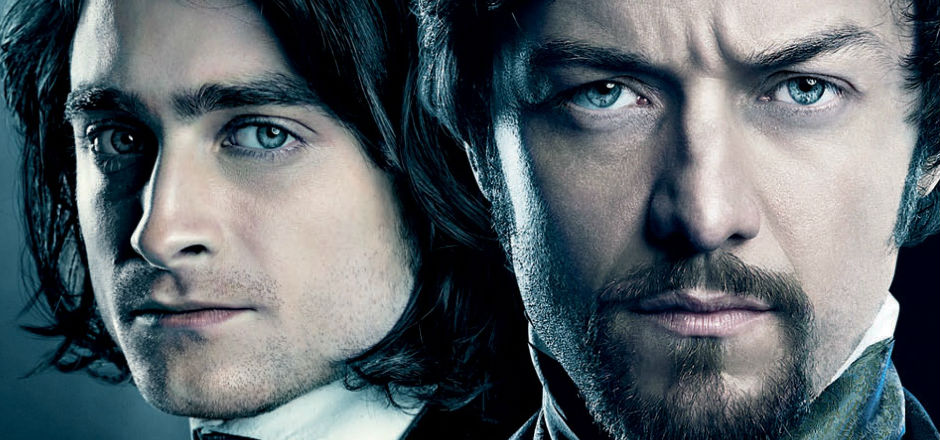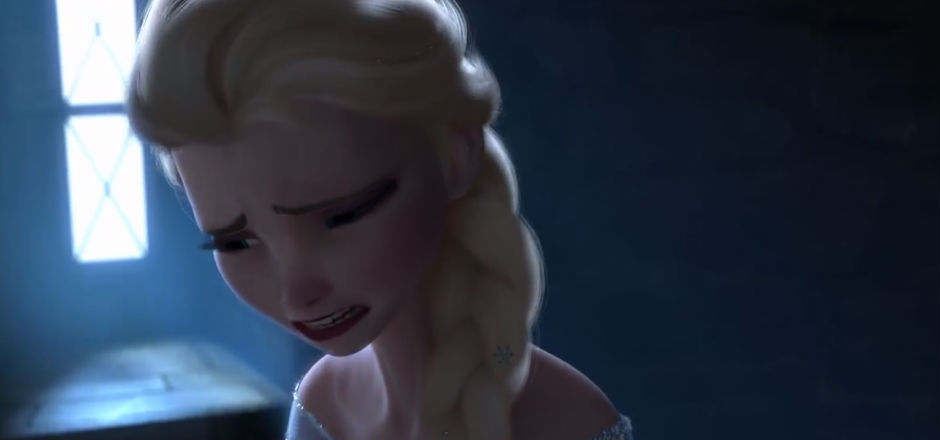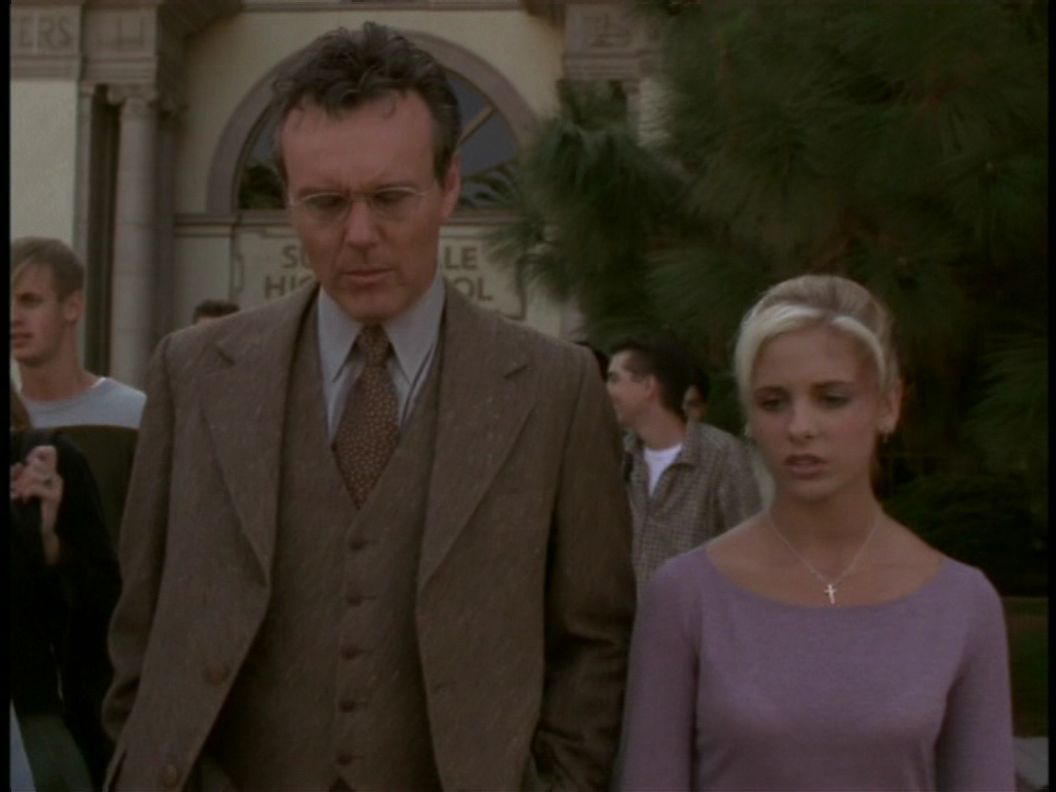On the list of the most famous movies in film history, Lawrence of Arabia has a pretty comfortable spot near the top of the list. It’s defined by many critics as the ideal epic and we continue to see its influence on the industry even today. Since Lawrence of Arabia premiered in 1962, let’s look at how well does this iconic movie aged.
This film is based on a real man and his time in the British Military during WWI in the Middle Eastern Theatre. I’m going to keep my focus on the film narrative, though, and how the movie plays a role in history.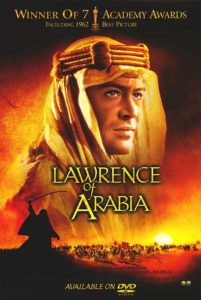
The movie starts with our lead, T.E. Lawrence (Peter O’Toole), bored out of his mind at the British Officer base in Cairo, Egypt. His commanding officer sends him to Arabia to find Prince Faisal, who is played by Alec Guinness. What’s that you say? Isn’t that the guy who played Obi Wan Kenobi in the Original Star Wars Trilogy? Isn’t he a white dude? Yes, it is and yes, he is. Welcome to Old Hollywood.
On Lawrence’s journey to find Faisal and act as liaison between the British and their Arabian allies, he meets Sherif Ali, who is thankfully played by Middle Eastern actor Omar Sharif. After meeting with Faisal and discussing his fear of the British taking the enemies’ spot as oppressors once the Turks are pushed out, Lawrence and Ali team up to fight the Turks with Faisal’s army. Throughout his adventures, Lawrence continually defies his British superior’s orders, his goal becoming to win back Arabia for the Arabians.
Let’s first cover the racial issues this film raises. Obviously the whitewashing is problematic but typical of early 60s movies. If they were to ever remake this movie, God forbid, I’d hope they cast race appropriate actors, but given Hollywood’s track record lately, I’m not so sure. Also, if they remake this movie, bleach his hair, stick blue contacts in his eyes and cast Robert Downey Jr. as Lawrence.
I struggled with how I perceived the representation of race in this film. We see Arabians mistreated and disrespected by the British, being called slurs and being physically abused. This is always portrayed in a negative light. Lawrence is the only British character that ever shows the Arabian people any respect. And he earns their respect by accomplishing seemingly impossible tasks. As he becomes immersed in this culture, he is given traditional Arabian garb to wear. This is the beginning of his White Savior complex.
Once Lawrence has to report back to his British Superiors on his unbelievable accomplishments, Ali challenges him by saying “In Cairo, you will put off these funny clothes. You will wear trousers and tell stories of our quaintness and barbarity. And then they will believe you.” When Lawrence arrives in Cairo, he keeps his gifted robes on, despite the harsh judgment of his peers.
Lawrence doesn’t just think of himself as an Arabian now, he thinks himself the savior of them. Throughout the film, he states multiple times that he will give them back their freedom. There is a beautifully shot scene in the film where Lawrence walks atop an overturned Turkish train, robes billowing in the wind, his army chanting his name. You can see Lawrence’s ego inflate nearly to its limit. The whole world is telling him how great he is, and he’s believing it.
The film does not endorse his savior complex and, in fact, punishes him for it. Thinking himself all powerful and untouchable, he roams openly among the enemy. They take notice of him due to his white skin. He then falls victim to a brutal assault by a Turkish Officer. The real T.E. Lawrence had a similar experience, where he was raped. Although sexual assault is not explicitly stated in the movie, for censorship reasons, it was heavily implied.
Only after suffering this attack does Lawrence come to the realization that he is not Arabian. Only then does he implore Ali to lead his people because they are his people. Ali disagrees and the film frames Ali to be in the right on this subject. However, when Lawrence finally takes back leadership, he is more brutal and high strung.
One of the most poignant moments in this film is when Lawrence is dressed in his traditional Arabian robes, face covered, and a low ranking British Officer strikes him to the ground. Later on, the same officer rushes to shake Lawrence’s hand once he sees him in his British uniform. The officer says he just wanted to be able to say he shook this great man’s hand. Lawrence asks the officer if they’ve met before. The officer says no.
I am a white person watching a movie made by mostly white people for a white audience to enjoy, so despite my efforts to watch this movie with a critical lens I am fully aware how my perspective on the treatment of race might be skewed. But in my opinion, while this film has some deeply problematic elements (whitewashing, white savior complex, British imperialism), it makes a genuine effort to be progressive in its portrayal of Middle Eastern people and the terrible way the British treat them. To be honest, this being my first viewing of the movie, I was expecting some cringe-worthy racism and what I got was some amiable attempts to be progressive in an age where race relations were tense.
I also want to make mention of the queer coding in this movie. After sensing some serious vibes between Lawrence and Ali, I did a bit of research on how others might have picked up on this. What I found was articles on the speculation of the real T.E. Lawrence’s sexuality. So it’s very likely the director of this epic, David Lean, intentionally added the sexual and romantic tension between the two. Again, the censorship laws of the time would never allow for an explicitly queer romance on screen.
But I don’t know how else to interpret the longing looks to each other even amongst a cheering crowd, the sharing of clothes and blankets, and the tears of sorrow when admitting love for the other. Oh, didn’t I mention that? Ali is accused of loving Lawrence due to the tears running down his face after his last farewell. Of course, it was meant to be interpreted by audiences as brotherly or platonic love but heteronormativity is a hell of a drug.
There are also zero women in this film. None. Yes, it’s a war movie based on a war fought by men but to claim that there were just no women involved whatsoever is shaky at best. However, it was edited by a woman, which was a trend in Old Hollywood until it was recognized as an actual artform. Men started pushing them out. Mad props to Anne V. Coates, though, because sifting through the miles and miles of film that had to have existed to create this epic could not have been easy.
Lastly, I want to talk about this movie’s place in film history. It is a grand, sprawling epic that I am dying to see on the big screen someday. It’s beautiful. If you were to trace back the history of cinematography I think Lawrence of Arabia might be a marking point. It wasn’t just shooting the action anymore, like we see in early film. The frame is used like a painting, telling its own story. The camera moves throughout the space of the vast desert and it is gorgeous.
The dialogue doesn’t feel stilted or stiff, which can be a problem for Old Hollywood. The performances were engaging, and I think this is really a turning point for film acting. It was subtle and nuanced. I could watch Peter O’Toole think all day. It also has some of the most modern editing I’ve seen in an old movie. This film is definitely a huge source of inspiration to modern filmmakers.
This movie earned its spot in film history. It’s been a long time since I enjoyed a Hollywood Classic so much. It is three and a half hours long, so if you’re going to watch it, break it up into chunks. I watched it until the intermission and then took a day-long break before returning to it. If you need to break it up even smaller than that, go for it. In my opinion, it’s worth it.
This movie has become my number one problematic favorite. Will it stay that way as I continue to poke and prod at film history for this column? Who knows.
“Nothing is written.”
—
Jamie Stewart is the Assistant TV & Film Editor for Girls in Capes. She’s interested in filmmaking, film criticism, video games, and her cat. You can check out her website at jamienstewart.com or follow her on Twitter @jamstew.
